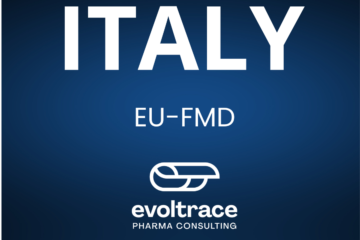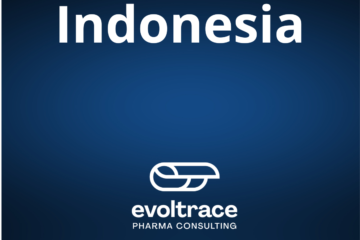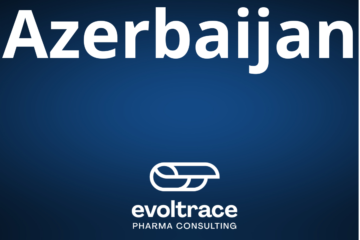Understanding Serialization in Pharmaceuticals and Its Regulatory Impact
Serialization regulations are crucial for combating counterfeit drugs, thereby safeguarding lives. After all, the fundamental aim of pharmaceutical products is to protect and improve human health.
In this article, we’ll break down what serialization means, how it applies to the pharmaceutical industry, and how you can leverage it for your benefit.
What Does Serialization Mean?
In its most basic form, serialization is the process of assigning a unique identifier to an item. Serialization isn’t exclusive to pharmaceuticals; it’s also used in sectors like logistics and aviation to track packages and luggage.
What is Serialization in Pharma?
In the pharmaceutical world, serialization involves assigning a unique serial number to each unit of sellable drug packaging—be it primary, secondary, or tertiary. This means that every blister, bottle, carton, and pallet has its own unique identifier. These identifiers, which can be QR Codes or DataMatrix Codes depending on the region, provide information about the product’s origin and validity.
These codes are prominently printed on the packaging and are interconnected. For instance, the code on a drug bottle links to the code on the carton it was shipped in, which, in turn, links to the pallet used for transport from the factory or warehouse.
What Are the Requirements for Implementing Serialization?
Serialization guidelines are typically based on standards from GS1, an organization that collaborates with regulatory bodies to establish traceability frameworks. To implement serialization, you’ll need:
- Global Location Number (GLN): Identifies the country of origin.
- Global Trade Item Number (GTIN): Identifies the type of product.
- Serial Number: A unique code for each product under the GTIN (SGTIN).
- Lot Information: Identifies specific batches from the same production run.
- Expiration Date: Indicates the product’s shelf life.
Why is Serialization Important and How Does It Prevent Counterfeiting?
Serialization is vital for creating traceable distribution systems. GS1’s guidelines help establish a closed system that monitors every drug’s movement from the manufacturer to the end consumer. This system ensures that each party in the supply chain can authenticate the product, with each verification logged in a national database. This helps identify and address any suspicious activities.
Where is Serialization a Regulatory Requirement?
Serialization is mandated in many regions, including Europe, the United States, Brazil, Russia, Bahrain, Uzbekistan the United Kingdom, China, Saudi Arabia, UAE, Kazakhstan and other developed countries. Over time, many developing nations, including Nigeria, India, South Africa, and various countries across Africa, South America, and Asia, have also adopted serialization regulations. In total, serialization is a requirement in over 160 countries worldwide.
Key Takeaways on Serialization in the Pharmaceutical Industry
The success of serialization largely depends on the software you use to manage serial numbers. It’s crucial to choose a robust and efficient system to handle the large volumes of data and deliver additional business benefits.
There are many serialization software options available. Before selecting one, consider the following five key criteria:
- Integration Capabilities: Ensure the software integrates smoothly with your existing systems.
- Scalability: The software should handle increasing volumes of serial numbers as your business grows.
- Regulatory Compliance: Verify that it meets both global and local regulatory requirements.
- User-Friendliness: Choose software with an intuitive interface.
- Support and Maintenance: Opt for a provider offering reliable support and regular updates.
Serialization is more than just a regulatory requirement; it’s a strategic tool that enhances your operations and protects your products. Implementing it effectively will bring significant advantages to your business and stakeholders.
Evoltrace helps companies on drugs serialization and traceability requirements. Meet your Track-and-Trace challenges, Supply chain optimization and transformation by our trusted experts.
Evoltrace elevates its clients, their company and team to their maximum potential. Join us today: Info@evoltrace.com


